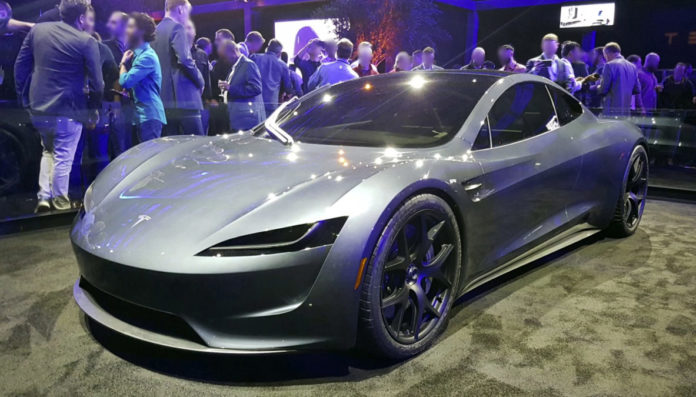
Across the United States, opinions are sharply divided when it comes to electric vehicles (EVs). You are just as likely to run into brand evangelists heralding the good word of Elon Musk as you are to find ICE (Internal Combustion Engine) devotees who would never think of riding in an EV, let alone consider driving one.
The story is similar in other parts of the world. Consumer interest in EVs is exceptionally high near cities like Oslo, Norway, Paris, France, Beijing, China, and Amsterdam, but dissipates rather quickly, as one travels further away from these metropolitan hubs. It’s unsurprising that EVs are most popular in areas where governments have made sustainable development a priority and focus for investment.
One of the biggest problems companies are facing when it comes to market penetration of EVs is how to deliver the charging infrastructure necessary to make driving these cars a reality. Many companies have dedicated themselves to trying to innovate existing concepts but the reality is that it will take widespread support from lawmakers at the federal, state, and local levels for consumer adoption of EVs to really pick up.
View this post on InstagramA post shared by Blizzrd the Tesla & Friends (@blizzrd_the_tesla) on
Consumer Confidence in EVs and Autonomous Vehicles Lacking
A recent survey conducted by J.D. Power and Survey Monkey found that American consumers had what has been defined as a “neutral level of confidence” about the future of electric vehicles. While slightly higher than the “low level of confidence” measured regarding the future of autonomous vehicles, it’s easy to see that consumers are in no way as optimistic as future-leaning car companies might lead one to believe.
“Out of the box, these scores are not encouraging,” said Kristin Kolodge, Executive Director, Driver Interaction & Human Machine Interface Research at J.D. Power. “As automakers head down the developmental road to self-driving vehicles and greater electrification, it’s important to know if consumers are on the same road—and headed in the same direction. That doesn’t seem to be the case right now. Manufacturers need to learn where consumers are in terms of comprehending and accepting new mobility technologies—and what needs to be done.”
Problems with the utility of electric vehicles are slightly different than those related to consumer interest. It’s increasingly seeming as if consumers are only interested in electric vehicles if they are made by Tesla, Inc. This could spell major problems for other manufacturers which seem hell-bent on moving towards an electric future – even if their own sales numbers do not support such a transition.
View this post on InstagramA post shared by SMART NOVINKY (@smartnovinky.cz) on
The J.D. Power and Survey Monkey analysis found that as many as 68% of American consumers had absolutely no experience with electric vehicles. This means they had never ridden as a passenger inside one, considered buying one, or perhaps even seen one. While this number may be surprising for those living in coastal urban areas with deep EV penetration, it paints an unmistakable picture of the realities away from these hubs.
Despite the doom and gloom of these findings, the reality is that Tesla is experiencing tremendous international growth and continues to reach new heights. Tesla customers are among the world’s most satisfied and loyal – as evidenced by any time spent near an online community associated with the brand.
Despite the fact that EVs may not have a strong future in the United States, the same most certainly can not be said of Tesla.
View this post on InstagramA post shared by The Tesla Enthusiast (@the_tesla_enthusiast) on
The Tesla Effect: More Disruptive than Many Anticipated
A quick perusal of the global automotive industry over the last decade reveals a single, undeniable trend: the Tesla Effect has created a seismic shift in the once stable landscape. Every car company is desperately pouring resources into researching and developing electric vehicles, but to almost no avail: the number one selling EV in the world is the Tesla Model 3, and it isn’t even close.
While nearly every automotive manufacturer in the world is scrambling to copy the results Tesla has achieved, consumers are apprehensive about buying an EV made by any brand besides Tesla.
View this post on InstagramEco-friendly!!! #tesla #model3 #teslamodel3performance 📸 @stvn__kwon @teslamotors
A post shared by OMG T3LA (@omg_tesla) on
Around the world, Tesla sold more than 40,000 units of its Model 3.The BAIC EU-Series came in second place with 18,000 units, while BYD Yuan was third best with 6,566 units sold.
The rest of the top 20 EVs sold in the world belong to Chinese, European, or Japanese brands. American EV’s like the Chevy Bolt, whose production was recently ceased, did not even make their way onto the list.
Sources: Inside Devs , J.D. Power